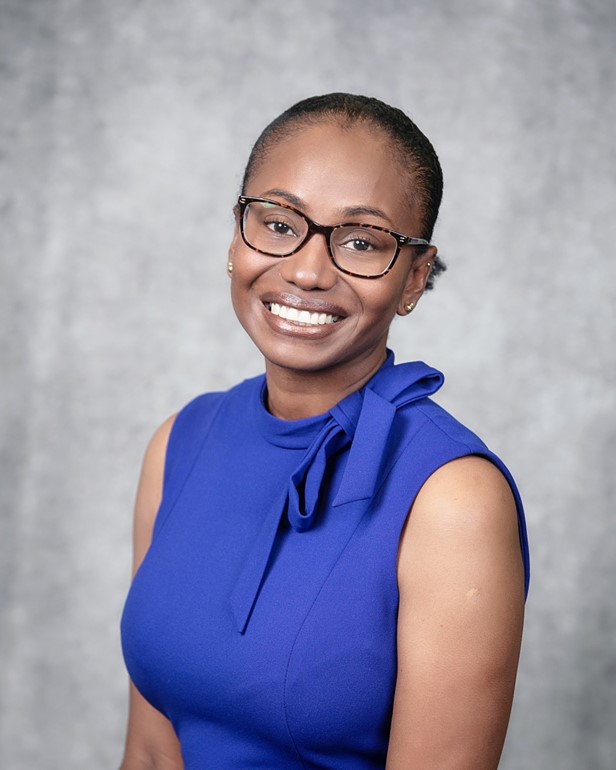Dr Ingrid Cox sat down with the PACT team to talk about her epidemiology and health economics research, including how it started, what the team hopes it will achieve and the challenges they’ve faced.

Tell us a bit about yourself and why you chose PF as your research area:
I am currently a postdoctoral researcher within the Health Economics Research group at the Menzies Institute of Medical Research. My research focus is respiratory diseases more specifically interstitial lung diseases and more recently lung cancer. I recently completed my PhD at the University of Tasmania, with a primary focus on Idiopathic pulmonary fibrosis epidemiology and health economics.
My research in IPF and interstitial lung diseases was fortuitous, but I have developed a passion for pulmonary fibrosis with a deeper understanding of the disease and also having experience of interacting with persons and families affected by pulmonary fibrosis. Given my background in health planning, financing and policy, I am keenly focused on how my research outputs can translate to real changes especially related to access to new treatments and diagnostics for pulmonary fibrosis patients.
Describe your research project in a couple of sentences:
There are currently major projects which are focussed on drug development, diagnostics and interventions that will improve the life of pulmonary fibrosis patients. This is however just one step in the process. To get these subsidised by the Australian government, so they are accessible and affordable to patients, they must first be evaluated rigorously to ensure they both beneficial and cost-effective, given the limited budget and many disease areas that the government needs to cover. My project will work on this area, generating economic evidence, building economic models and conducting health economic evaluations of new diagnostics, treatments and interventions for pulmonary fibrosis. Working along with fellow pulmonary fibrosis researchers this will fast track the process of their research outputs and ensure rapid access of these to pulmonary fibrosis patients.
Tell us how this project came about:
While health economics is often overlooked it is an important step to access to treatments for patients. During my PhD I generated baseline economic and epidemiological data related to pulmonary fibrosis essential for the evaluation process. This project takes this one step further and will allow application of this economic data to demonstrate cost and benefits of new treatments to patients translating clinical benefits to simple dollars and cents, a language which is simpler for health financers and policy makers.
What do you hope this project will achieve?
I hope that we will generate models that will be simple enough and easily adjustable for use beyond this project to demonstrate cost-effectiveness for future developments in the treatment and management of pulmonary fibrosis.
What has been the biggest challenge of the project so far?
It’s early on as the project is yet to officially start. The main challenge so far has been obtaining funding to undertake this work as health economics is often overlooked. While I wanted to continue in pulmonary fibrosis research after my PhD, this would not be possible without the support of the CREATE Hope Scientific Fellowship. Thank you to Lung Foundation Australia for their foresight and understanding of the needs of patients, their continued support to research and the CREATE program for this exciting opportunity to develop my pulmonary fibrosis research career.
The people working on this project are:
I will continue to work with Prof Andrew Palmer who was my primary supervisor during my PhD. I will also be working closely with A/Prof Tamera Corte, Dr Lauren Troy, Dan Jackson (ILD registry), Prof Anne Holland, Dr Leona Dowman on the evaluation of specific interventions for pulmonary fibrosis patients. Additionally, I will continue to work with the Australian IPF Registry Committee members and staff.
What do you see as the biggest evidence gaps in PF care? What are the clinical research priorities?
There are many evidence gaps, and this continues to evolve with increased understanding of the disease. While understanding the disease is utterly important, we should never forget the debilitating symptoms that pulmonary fibrosis patients face. Symptom management and interventions to improve symptoms were recently identified as a priority by patients, carers and healthcare providers in a recent survey. I believe that while new treatment options are being investigated, the focus should be on improving the everyday life of patients. Interventions to accomplish this and rapid access for patients to these should be a priority.
What will the support of the CREATE Hope Clinical Fellowship mean for your research?
I am appreciative of the support from the CREATE Hope Scientific fellowship. This will allow me to focus and expand my research and my career on pulmonary fibrosis research. It will also help me to foster collaborations which will assist in obtaining further competitive research funding as an early career researcher from other funding bodies to support continued research.
